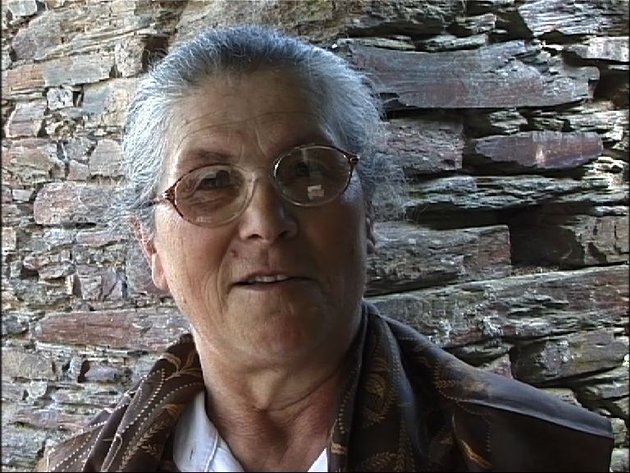
A SEDA É UM MISTÉRIO
CATARINA ALVES COSTA
A film made for the Castelo Branco Museum, about the handmade process of silk-making. At the beginning of the film, Teresa Frade climbs to the only mulberry tree of Rua da Amoreirinha, in the city of Castelo Branco, looking for food for her silkworms...
biografia
Catarina Alves Costa is a director and anthropologist. Among other films, she directed Margot (2022), Viagem aos Makonde (2020) Pedra e Cal (2016) Falamos de António Campos (2010) Nacional 206 (2009) O Arquiteto e a Cidade Velha (2004) Mais Alma (2000), Swagatam (1998) Senhora Aparecida (1994) and recently co-directed Um Ramadão em Lisboa (2019). Graduated in Social Anthropology, she received a Master’s degree from the Granada Centre for Visual Anthropology at the University of Manchester, as a fellow of the Calouste Gulbenkian Foundation and a PhD from Nova University of Lisbon with the thesis Camponeses do Cinema. Representations of Popular Culture in Cinema Portuguese. In 2000 she founded with Catarina Mourão the producer Laranja Azul where she produced films by Daniel Blaufuks, Sílvia Firmino and João Ribeiro, among others. She is an Assistant Professor at Nova University of Lisbon and Coordinator of the Master’s degree in Anthropology – Visual Cultures and the Audiovisual Laboratory, FCSH Pole of the Center in Network in Anthropology / CRIA. She organized for the Portuguese Cinematheque in Lisbon / Cinema Museum the Ethnographic Archives of Margot Dias filmed in Mozambique and Angola between 1958 and 1961. She also teaches at the University of São Paulo, in Brazil, and at the Faculty of Social Sciences of the University of Barcelona. She received among others the Best Documentary Award of the Recife Ethnographic Film Festival (2019), the Critics Award from Caminhos do Cinema Português (2009), the Planéte Award at the Bilan du Film Ethnographique (1999), the Society for Visual Anthropology American Anthropological Association Film Festival Excellence Award, USA and the 1st Prize of the FESTIVAL VII Rassegna Internazionale di Documentari Etnografici (1996).